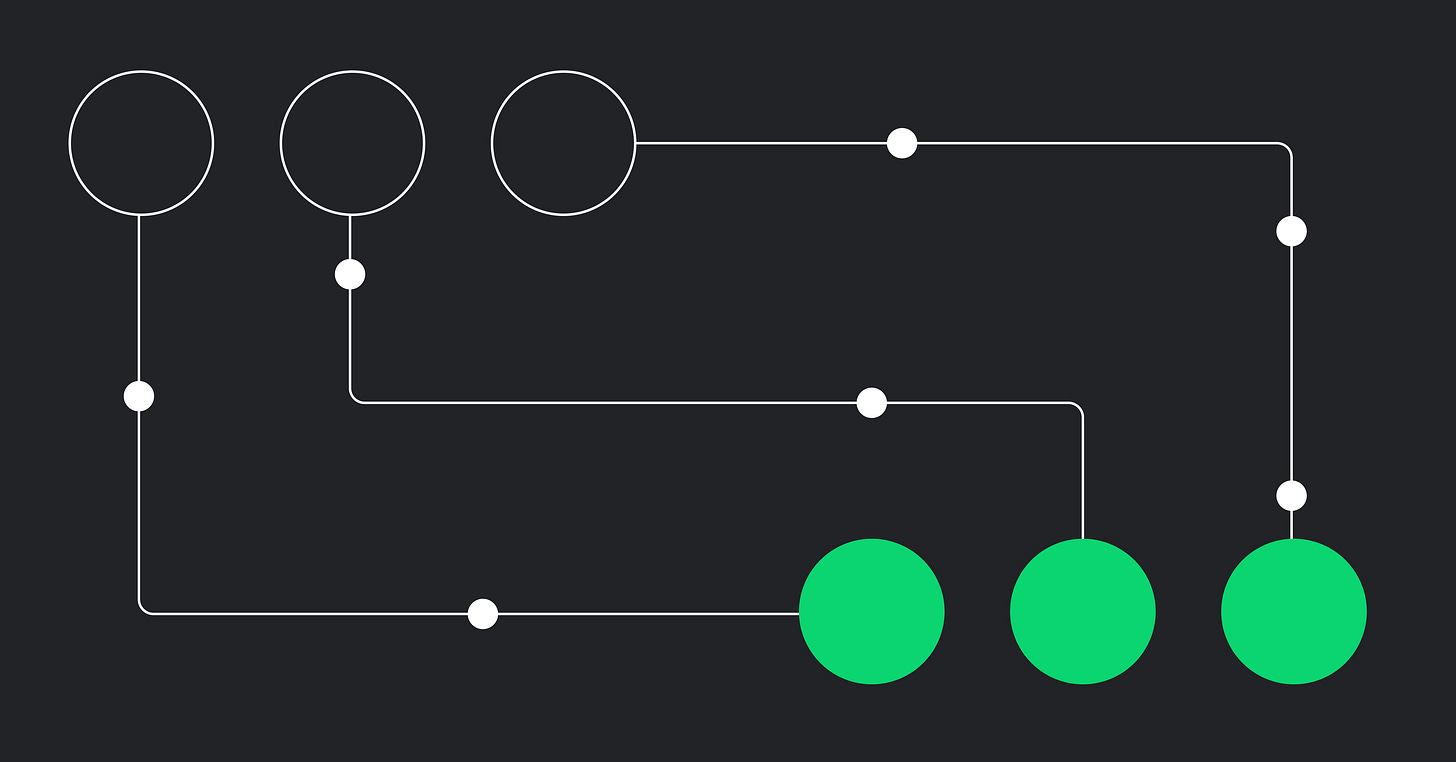Why platforms must evolve for the next generation of developers
AI-native developers are here. Are you ready for them?
A guest article by Prashanth Chandrasekar, CEO of Stack Overflow.
The rise of the AI-native developer
The way developers learn, build, and grow has undergone a fundamental shift—and it happened faster than anyone expected.
A new generation of engineers is coming of age with AI embedded into the very core of how they work. They’re debugging and brainstorming with copilots, and skimming documents generated by large language models. For them, AI isn’t a future concept or a feature to experiment with, it’s a native layer of the development process. In fact, Stack Overflow’s 2025 Developer Survey found that over half of early career developers use AI tools daily.
Unlike previous generations, AI-native developers treat conversational interfaces and machine-generated suggestions as defaults. They aren’t afraid to ask “basic” questions of an AI assistant, and are even experimenting with newer approaches and tools such as vibe coding and AI agents. They expect natural language explanations for complex concepts. They view tools like ChatGPT and GitHub Copilot not as novelty add-ons, but as basic utilities, no different than a text editor or terminal.
This group has been shaped by an environment where knowledge is ambient and constantly generated, where answers come in seconds, and where iteration is more important than memorization. They’re not just tech-savvy, they’re platform-savvy and able to move fluidly between Stack Overflow, Discord servers, AI assistants, and YouTube tutorials, depending on the task.
AI-native devs bring expectations formed by consumer platforms like TikTok and Reddit into technical workflows. They want immediacy, and perhaps most importantly, they expect tools to continuously evolve alongside them.
It’s not just younger developers turning to AI, however. Our survey found that 84% of developers across all age groups are using or plan to use AI tools this year. But here’s the catch: nearly half (46%) don’t trust the answers they receive.
This isn’t a minor discrepancy. It’s a fault line running through the future of software development.
Developers are all in on AI, but don’t fully trust it
AI is delivering on speed, but not on trust. For developers, trust is non-negotiable.
When you’re in flow, the last thing you want is to second-guess the tools you’re using, but AI puts developers in a bind. Is this answer correct? Is it secure?
Without confidence in the code, AI becomes a bottleneck instead of a boost. When that trust breaks down, developers turn to the only source that can reliably fill in the gaps: other developers.
Developers know that context is everything and judgments are rooted in human experience.
This is why human-validated knowledge still matters, arguably more than ever. Without it, we risk AI stagnating and becoming an echo chamber of outdated and biased information, further eroding trust. Knowledge sharing platforms and ecosystems can bridge the gap.
A “human intelligence layer” in the AI era
In response to this shift, Stack Overflow is expanding beyond a Q&A site into a hub that serves as a vital and trusted source for developers in the age of AI. We’re building a human intelligence layer that fuels an increasingly AI-saturated ecosystem.
Rather than tacking on AI capabilities for the sake of “modernizing”, we’re focusing on precisely what developers need: quick context, real conversation, and continuous learning.
We’re evolving Stack Overflow’s platform experience to reflect the way developers now operate. For example, rather than expecting users to sift through forums, we’re integrating Stack Overflow’s verified answers into a new AI-enhanced search experience. This approach brings together the best of both worlds for developers: AI’s speed and the community’s expertise, presented side-by-side.
We’ve also introduced chat and community features that allow for real-time collaboration that allow developers to engage with the world’s technology experts, get feedback, and stay in flow. These updates align with how today’s devs prefer to work: quick touchpoints of connection that provide immediate insights.
Finally, to support upskilling, we launched coding challenges that make learning feel less like homework and more like gaming. These are bite-sized, competitive, and social: perfect for developers raised on YouTube tutorials and coding livestreams.
AI can generate code and explain concepts, but it can’t draw from experience. That’s what makes human-validated knowledge essential.
AI-native developers may be comfortable with AI, but they’re still looking for a human stamp of approval before shipping code because trust is built through reputation, transparency, and collaboration.
This is where Stack Overflow can play a vital role. It’s not just a library of answers—it’s a community that continuously evaluates, updates, and contextualizes technical knowledge. When developers see a top-voted answer from a seasoned engineer, that is something AI can’t deliver.
The future of dev is here
AI-native devs aren’t waiting for permission to redefine the craft—they’re already doing it, and the platforms they rely on need to move just as fast.
Stack Overflow has a broad community of users and is committed to serving both veteran devs and those learning to code alongside AI. Our transformation is one where AI is enhanced by community, efficiency is backed by trust, and learning happens collectively.
When code can be written in mere seconds, the real differentiator becomes understanding. Human-validated knowledge gives AI-native developers the clarity and confidence to work smarter.
The next wave of software won’t just be written with AI. It’ll be written by developers who know how to use AI and when to look beyond it.



